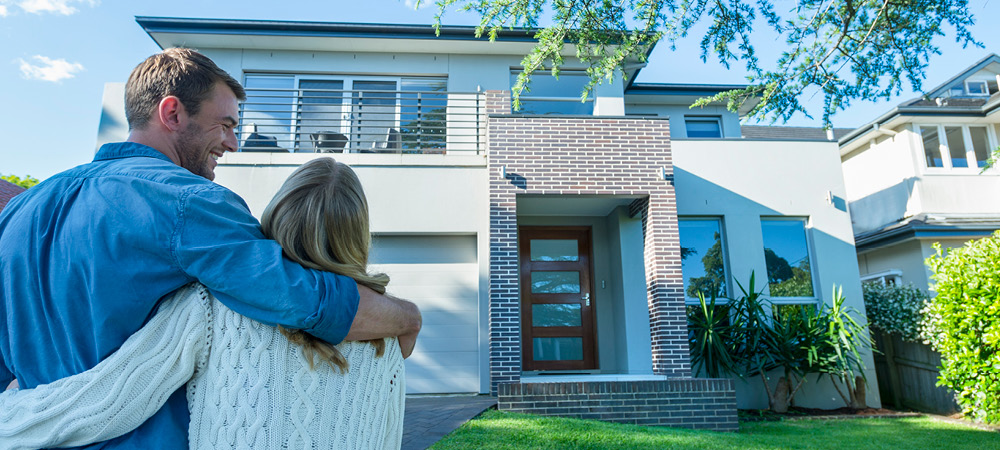November is Financial Literacy Month in Canada. Finances impact many areas of everyday life, from the mundane aspects like day-to-day spending habits to more impactful things like mental health. By improving your financial literacy, you can make a significant impact on your financial outlook and improve your quality of life. Here are some tips for homeowners (or homeowners-to-be) that can help you if you’re looking to amp up your financial acumen.
What is Financial Literacy Month?
Financial Literacy Month is a national campaign that aims to help Canadians become more knowledgeable about their finances by providing information and resources and creating open dialogue about various money topics.
Learn more about the initiative here.
Build a Healthy Habit of Saving

According to a 2018 study, “financial well-being has a stronger relation to behaviours than to economic factors.1 ” One of the key financial behaviours that contributed to financial well-being was actively saving.
For those who aren’t accustomed saving regularly, they may not know where to start. The good thing about learning to save is that even taking a small step is step in the right direction. Whether you save $10 or $100, getting into the habit of saving is what matters.
One method that many people find beneficial is automating their savings by setting up a regular transfer of funds from their chequing account to a savings account. When you automate your savings, you’re less likely to use the funds for another purpose and, if you save in a high-interest savings account, you’ll be able to benefit from compound interest and see your money grow over time. Taking advantage of savings accounts like a Tax-Free Savings Account (TFSA), Registered Retirement Savings Plan (RRSP), or First Home Savings Account (FHSA), will also give you the added benefit of growing your savings tax-free.
For more insights on how to maximize your savings, read this article.
Tips to Build Your Home Equity

If you’re a homeowner, home equity may be a topic you’ve heard discussed. Home equity is the market value of your home minus what you owe on your mortgage.
Here’s a quick breakdown of how you can determine your home equity:
Appraised Value - Mortgage Balance = Home Equity
For many homeowners, their home is their greatest financial investment so finding ways to increase your home’s equity is like making an investment in your future. While certain aspects of your home equity are outside of your control, there are certain things you can do to help build equity.
Payments: Mortgage payments are typically made up of two portions, one that goes towards the principal of the loan amount and a portion towards the interest. When you make a payment outside of your normal mortgage payments, like a lump sum payment, those funds go directly towards the principal of your mortgage which will help you pay off your mortgage faster and increase the equity in your home.
Renovations: Certain renovations will help increase the value of your home by making it more desirable to potential buyers. Renovations to bathrooms and kitchen areas typically have a very high return on investment.
Learn more about how you can build your home equity.
How to Prioritize Your Finances When Buying a Home

If you’re thinking of buying a home or planning to do so in the future, you may already know that there are many financial considerations that you will have to make in the process of becoming a homeowner. But what if you have multiple savings goals you’re trying to reach as well as buy a home?
When it comes to your financial goals, there is power in prioritization. Determine what savings goals are important to you and how they fit into the timeline of your life. This will help you understand how much you need to save and on what timeline to reach each goal.
It’s equally important to be strategic in how you save for your goals. Utilize savings accounts that serve dual purposes like an RRSP which will allow you to save for retirement and can be used towards a down payment on a home through the Home Buyer’s Plan.
Read more about the topic of prioritizing your financial goals and valuable resources while saving for a home.
Make Financial Literacy a Priority in Your Life
One of the great things about becoming financially literate is that no matter how much you know there will always be ways you can improve your knowledge and better your situation. Hopefully, these tips and articles will give you a head start on improving your financial knowledge!




